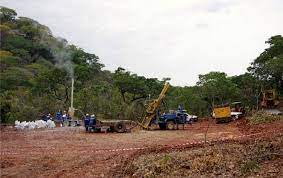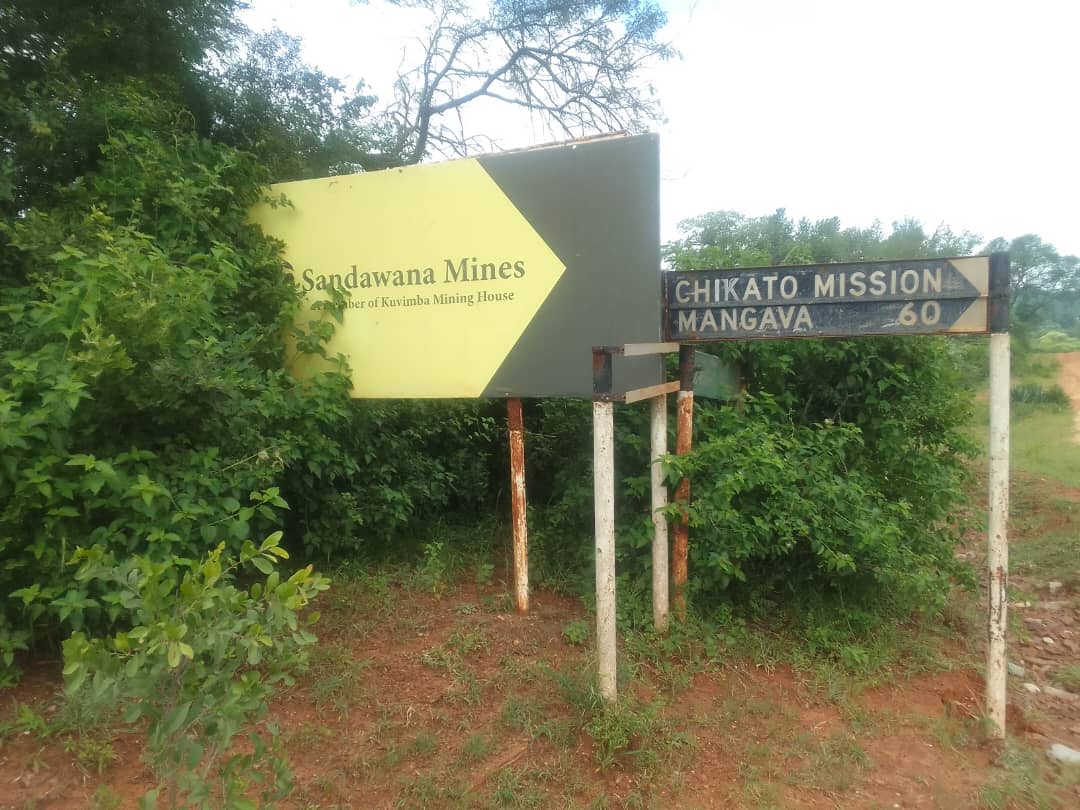EnviroPress Reporter
The mineral rush being experienced in the country has forced government to rethink its mineral export policy to improve beneficiation and ultimately the value that the country can derive from its enormous natural endowments, it has been learnt.
Miners, mostly of Chinese origin, are trooping into the country to exploit its minerals which of late has largely included lithium, mineral which is key in efforts to transition to cleaner energy sources.
Mining industry sources say the government, shocked by the scramble to export lithium mainly to China, is working on a law which will be called the Mines and Minerals (Prohibition Order of Exportations of Unbeneficiated Lithium and Lithium-bearing Ores, Including Eluvial and Alluvial Notice, 2022) to ban exports of unprocessed lithium.
The changes, sources say, are being pushed by the Ministry of Mines and Mining Development which, in terms of section 3(a) of the Base Minerals Export Control Act [Chapter 21:01], will prohibit raw lithium exports.
The country still uses an old mining law, passed during the colonial period in 1961, to regulate a commodity touted as the next technological game-changer. The Mines and Minerals Act, which gives the President of the country carte blanche over all mineral resources, is woefully inadequate as an arbiter of beneficial ownership and control.
The scramble for lithium is currently intensifying, with Zimbabweans extracting the mineral in places like Mutoko, Mberengwa, Shurugwi, Mvuma, Zvishavane, Bikita and Kamativi and lately at a closed down emerald mine in Mberengwa district.
Dubbed the white gold by some, lithium is critical to batteries that power electric vehicles, with a huge market in the United States and China, the world’s two biggest economies. Chinese energy firms have grabbed controlling stakes in lithium mines.
Australia is the world’s biggest producer of lithium, one of the key ingredients in electric car batteries.
Zimbabwe has the largest lithium reserves in Africa and the fifth biggest in the world. There are many lithium greenfield projects, worth multimillions, being undertaken by different companies, with the Chinese leading in that area.
Zimbabwe’s mining sector is highly diversified, with close to 40 different minerals. The predominent minerals include platinum group metals (PGM), chrome, gold, coal, and diamonds.
The country boasts the second-largest platinum deposit and high-grade chromium ores in the world, with approximately 2.8 billion tonnes of PGM and 10 billion tonnes of chromium ore. Mining accounts for about 12% of the country’s gross domestic product (GDP), and the minister of Mines claims the sector has the potential to generate US$12 billion annually by 2023 if the government addresses challenges such as persistent power shortages, foreign currency shortages, and policy uncertainties.
Due to the growing importance of the mineral, many now say the gold rush is back, but this time the focus is on “white gold” lithium — a strategic mineral in the world’s shift toward green energy.
The metal has been referred to as “the new gasoline” in view of its use in electric vehicle batteries, but it is also used in smartphones, laptops, airpods, electric toothbrushes, smart watches, e-cigarettes, pacemakers and other devices.
The metal is in the midst of a boom. Prices have surged roughly 500% year over year, triggering a global race to find and extract more. Lithium can be used in ceramics, greases and pharmaceuticals, but it is best known as the material in batteries for cellphones, laptops and EVs.
The rechargeable batteries take advantage of lithium’s light weight (it is the lightest of all metals) and high electrochemical potential. Production in 2021 was up 21% from the year prior, while global consumption of lithium was up 33%, according the United States Geological Survey.
While the US has significant lithium sources, it imports most lithium from countries like Argentina, Chile, China and Russia.
The only domestic lithium production comes from one brine operation in Nevada. The only downside in that lithium mining can lead to groundwater contamination and jeopardize ecosystems








